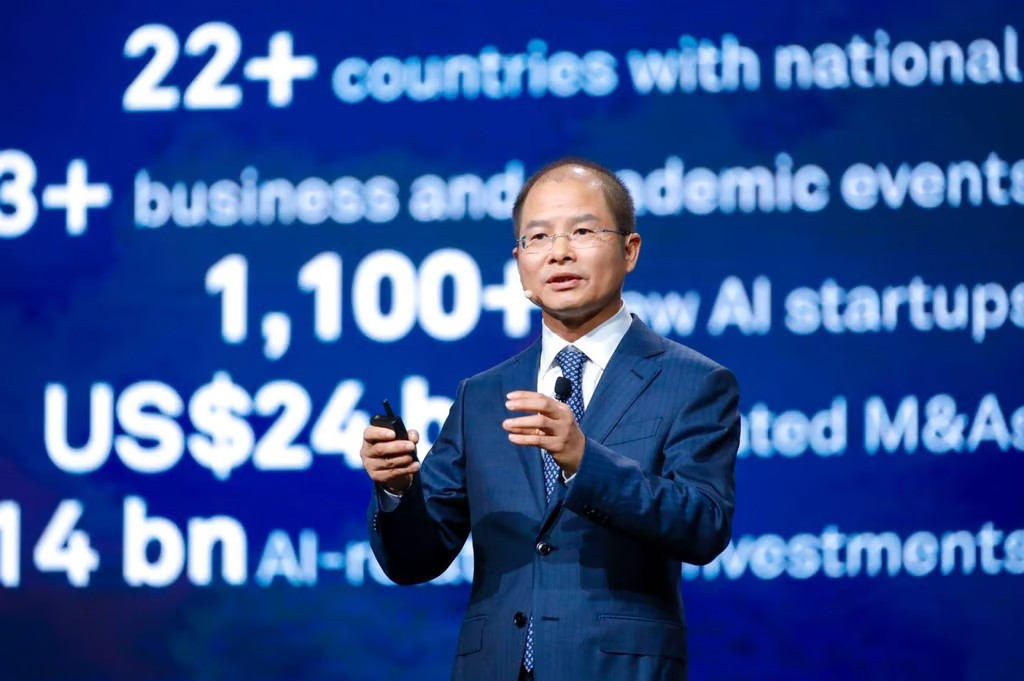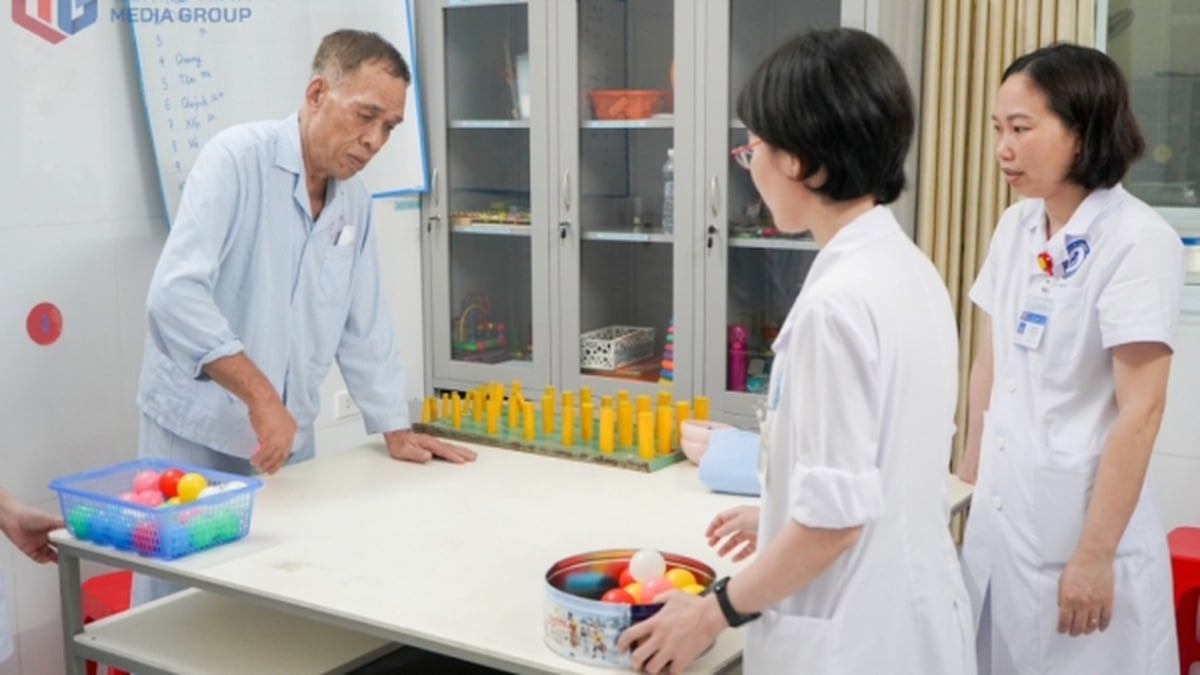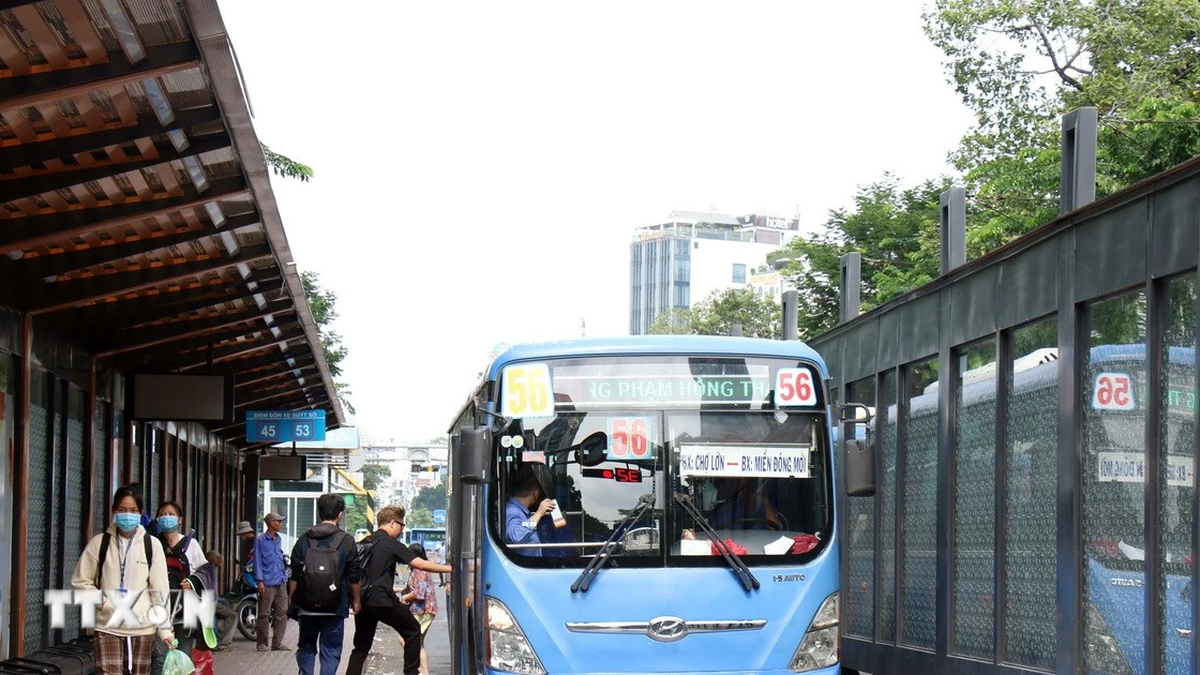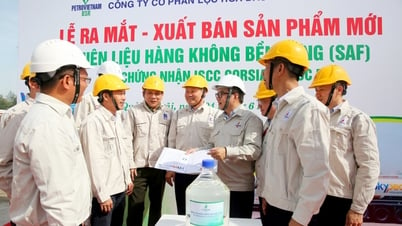Speaking at the opening ceremony of Huawei Connect 2024, Vice President Eric Xu Zhijun said that promoting the AI ecosystem will promote widespread adoption of the technology in enterprises across different industries.
“In 2024 and over the next five years, Huawei will invest even more in ecosystem development” with its partners, Huawei’s vice chairman said. He reiterated the company’s “All Intelligence” strategy and mission of building AI systems that are accessible to “every person, home, and organization.”

The expansion of the AI ecosystem reflects how Huawei is diversifying its revenue sources and attracting more enterprise customers as many traditional industries increase demand for AI services and applications.
While US sanctions continue to hinder Huawei’s development of advanced semiconductors, the components needed to train AI systems, Xu said the company has established two computing businesses over the past five years to meet enterprise AI infrastructure requirements.
He acknowledged that US restrictions on AI chips were “unlikely to be lifted anytime soon,” but it also opened up opportunities for the company to provide computing resources through cloud services.
Huawei's Kunpeng service, which targets general-purpose computing, has been widely adopted in various industries. Meanwhile, the Ascend service is designed for AI computing, providing easy-to-use tools to accelerate AI model development and applications.
Cloud computing technology allows businesses to manage or deliver a wide range of software and other digital resources as an on-demand service over the Internet, much like electricity from the grid. These resources are stored inside data centers.
Huawei is now ranked as the second-largest cloud services provider in mainland China, after Alibaba, according to research firm Canalys.
Cloud computing is one of Huawei's strongest growth areas in 2023, with revenue rising 21.9% year-on-year to 55.29 billion yuan ($7.6 billion) in 2022, according to the company's latest annual report.
According to Mr. Xu, cloud services are the best choice for many companies looking to incorporate AI into their business.
Huawei's Ascend chips are seen as an alternative to processors from Nvidia and Advanced Micro Devices (AMD) to help Chinese companies build AI models and applications.
According to Wang Tao, operations director of Jiangsu Kunpeng Ecosystem Innovation Center, in some tests, the Ascend 910B chip achieved about 80% of the performance of the Nvidia A100 when training large language models.
(According to SCMP)
Source: https://vietnamnet.vn/huawei-day-manh-phat-trien-he-sinh-thai-ai-bat-chap-bi-cac-lenh-cam-van-bao-vay-2325313.html
























































![[Maritime News] More than 80% of global container shipping capacity is in the hands of MSC and major shipping alliances](https://vphoto.vietnam.vn/thumb/402x226/vietnam/resource/IMAGE/2025/7/16/6b4d586c984b4cbf8c5680352b9eaeb0)










































Comment (0)